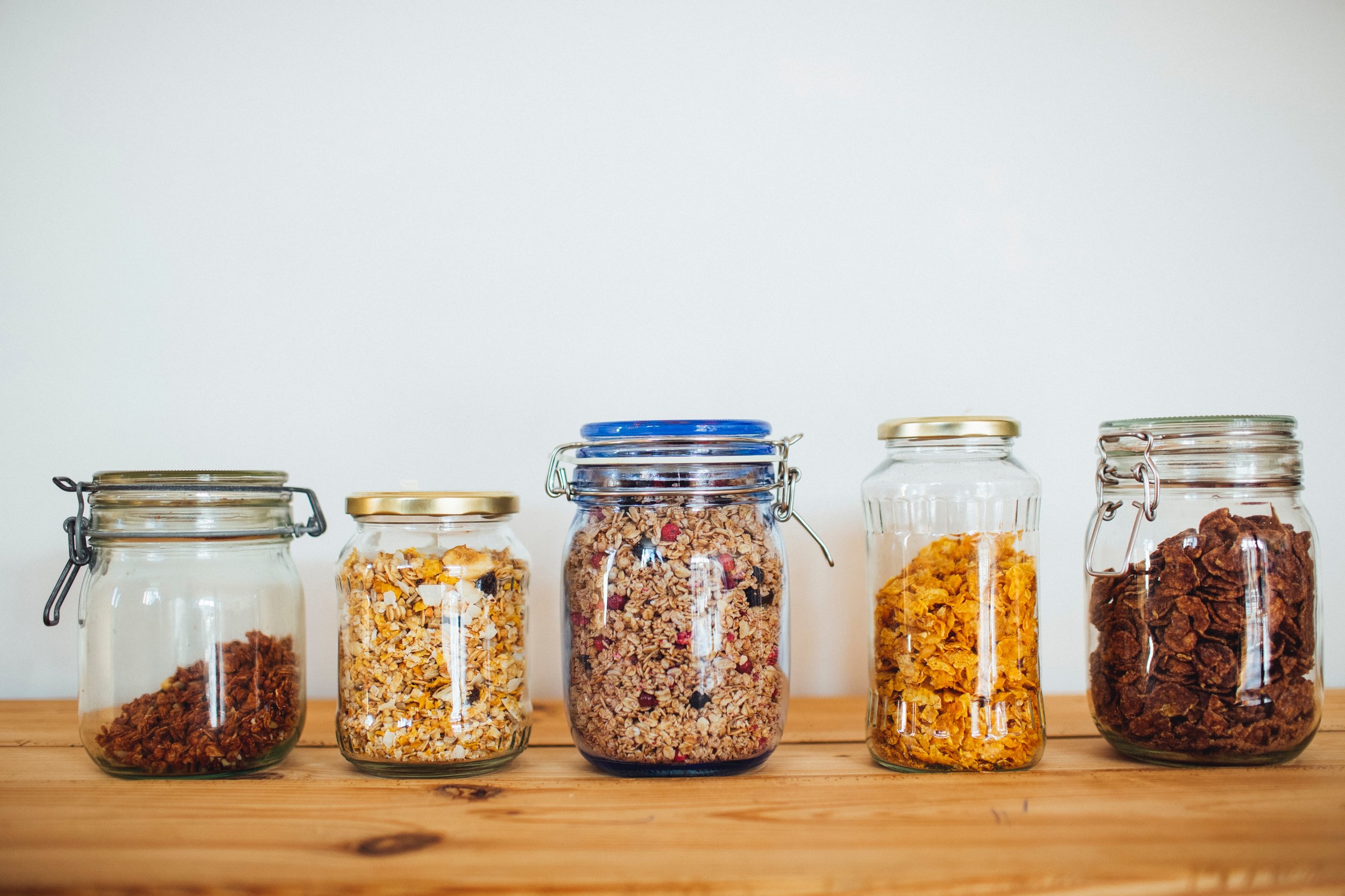Taking Small Steps Toward More Sustainable Living
Living sustainably is becoming more and more important as we face the reality of the environmental crisis we are in. It can be overwhelming to think about all the changes we need to make in our lives to become more sustainable, especially when we hear buzzwords like "zero waste" being thrown around.
But here's the truth: no one is going to be perfectly sustainable, and that's okay. Sustainable living is a journey, and every small step we take can have a massive impact on the environment.
So, let's dive into some practical tips on how to take small steps towards sustainable living and ways to infuse more earth-friendly habits into your daily routine.
Start Small
The first thing to remember is that our habits take time to change. In fact, it's not sustainable to have the expectation that you’re going to gid rid of all of your plastic containers and replace them with mason jars overnight.
So, start small and work your way up to bigger lifestyle changes. Set achievable goals for yourself, such as reducing your plastic waste or increasing your use of public transport, and reflect on your progress at the end of each month. Celebrate your successes, no matter how small they may seem!
Be Intentional About Where You Shop
When it comes to sustainable living, it's all about voting with your dollar. Where you choose to spend your money matters, as it can have a significant impact on the environment. Try to support brands and small businesses that are giving back to climate justice or social justice organizations, whenever possible. Look for certifications such as Fairtrade or Rainforest Alliance on the products you buy to ensure that they have been produced ethically and sustainably.
Consider buying from local farmers markets or community-supported agriculture programs (CSAs). This not only supports local farmers and reduces transportation emissions but also ensures that you are getting fresh, seasonal produce. I’ve been a subscriber of Imperfect Foods for several years now. As of April 2023, Imperfect movement of farmers, suppliers, customers, and community partners has saved 172.5 million pounds of food from lesser outcomes.
If you have access to a garden, try growing your own fruits and vegetables. Not only is it a fun and rewarding hobby, but it also reduces your carbon footprint and ensures that you are getting pesticide-free produce.
Pack Reusables for On-the-Go
Disposable cups, straws, and water bottles are some of the biggest culprits of plastic waste. A simple way to reduce your waste is to pack reusables for when you're on the go. Bring a coffee mug and water bottle with you so you don't have to buy them out. Some coffee shops even offer a discount if you bring a reusable mug for them to fill (which can add up to a free latte over time!)
Invest in a reusable straw and utensils that you can keep in your bag or car. When going out to eat, politely decline single-use items such as plastic cutlery or straws. These small steps may seem insignificant, but they add up over time and can significantly reduce your plastic waste.
Buy Groceries and Home Products from Refilleries or Package-Free Stores
Most of us are guilty of buying products with excessive packaging. The good news is that there are now options for buying products without packaging waste. Refilleries and package-free stores are popping up in many cities and towns, allowing you to buy groceries and home products in bulk, using your own containers. And no, we don't mean bulk shopping at Costco.
Our friends at The Refillery Collective have put together a directory of shops so that you can find one in your area. Don't worry if you don't have any empty jars; most places have these available for you if you need a few to start with. By buying in bulk, you not only reduce packaging waste but also save money in the long run. Plus, you can feel good knowing that you are supporting a more sustainable way of shopping
A Few More Ideas
Making sustainable choices doesn't have to be time-consuming or complicated. In fact, many of these small steps can save you time and money in the long run. For example, bringing your reusable water bottle and coffee mug with you can save you time by eliminating the need to stop at a coffee shop or convenience store. Shopping at refinery stores can also save time because you won't have to make as many trips to the store.
Here are a few more small steps you can take towards sustainable living:
Use cloth napkins instead of paper napkins.
Use a bamboo toothbrush instead of a plastic toothbrush.
Use a reusable grocery bag instead of a plastic bag.
Turn off the lights when you leave a room.
Use a programmable thermostat to regulate your home's temperature.
Buy secondhand clothes instead of new clothes.
Use a compost bin for food scraps.
Install low-flow showerheads and faucets to conserve water.
Remember, the key to sustainable living is taking small steps. Don't try to flip your world upside down in a day. Sustainability needs to be implemented sustainably. Start with one small change, and then work your way up to bigger lifestyle changes. The important thing is to make it a habit, and to not give up when it gets tough.
Join our email list for more tips and inspiration on how to walk more gently on our planet.





